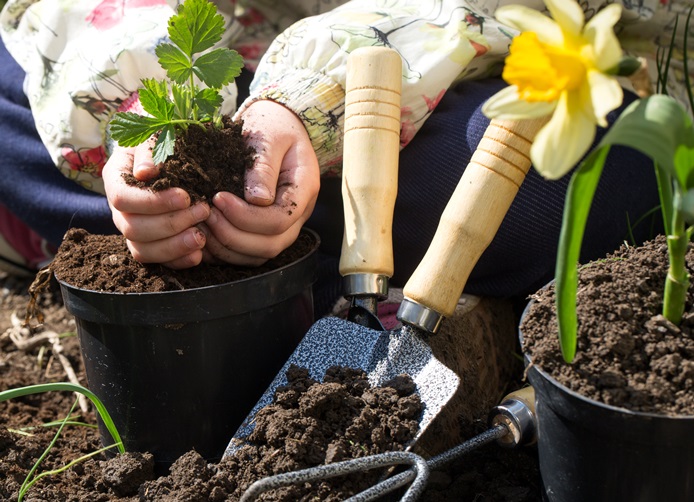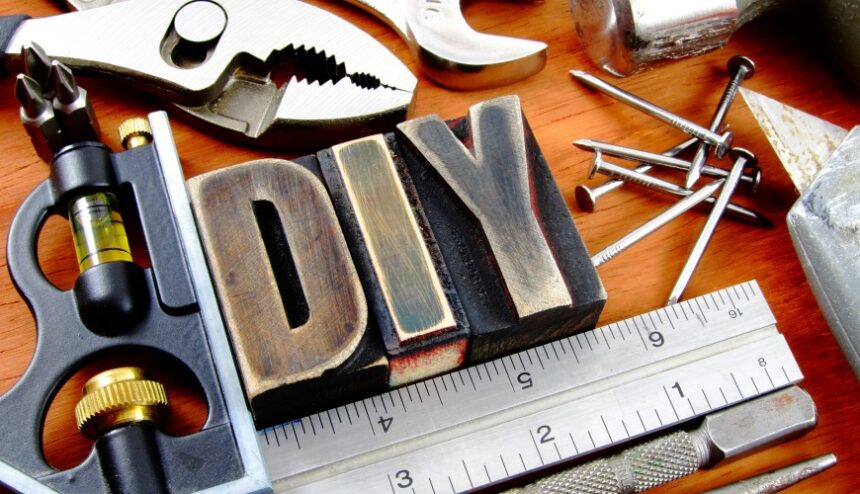You have probably heard the saying “Get a hobby” in a negative tone, but it’s also good health advice. Here are six ways that pursuing a favorite pastime can deliver health benefits.

1. Reduce Stress – When you’re absorbed in a hobby, the other cares and stresses of life fall away. In addition, hobbies like knitting that rely on repetitive actions initiate a relaxation response, allowing you to rest and repair.
2. Recharge – Hobbies that demand focus such as woodworking or glass blowing – even though they may not be as relaxing in the moment – can provide other rewards. When a hobby is challenging and you perceive your skills as equal to it, you’re fully absorbed and can hit a flow state. The flow state is highly desirable, and rather than feeling exhausted when it is over, many people feel refreshed.
3. Manage Blood Pressure – Engaging in hobbies increases your positive emotions. Both mindfulness and positive emotions have beneficial effects on lowering your blood pressure.
4. Strengthen Cognitive Skills – Mastering a hobby can be good for your brain. Stimulating your mind will help maintain connections and make new ones. Being mentally engaged is wonderful for your cognitive health.
5. Boost Self-esteem – Your hobby can provide another source of identity, something other people can know you for. Without looking for accolades, people often give positive comments or praise on what you do well and in turn, it boosts your positive self-talk and self-esteem.
6. Expand Friendships – When you’re in a class or group with like-minded hobbyists, you get a lot of good juices flowing and are more open to social connections.
Finding the time
Although hobbies take time, they can actually make you more productive in other parts of your life. We tend to focus on the fact that we don’t have enough time to get things done, which instantly puts the brain and body into a state of stress. Building in activities that help to recharge our energy, like hobbies, helps us get more things done in less time without the wear and tear on our bodies of chronic stress.


